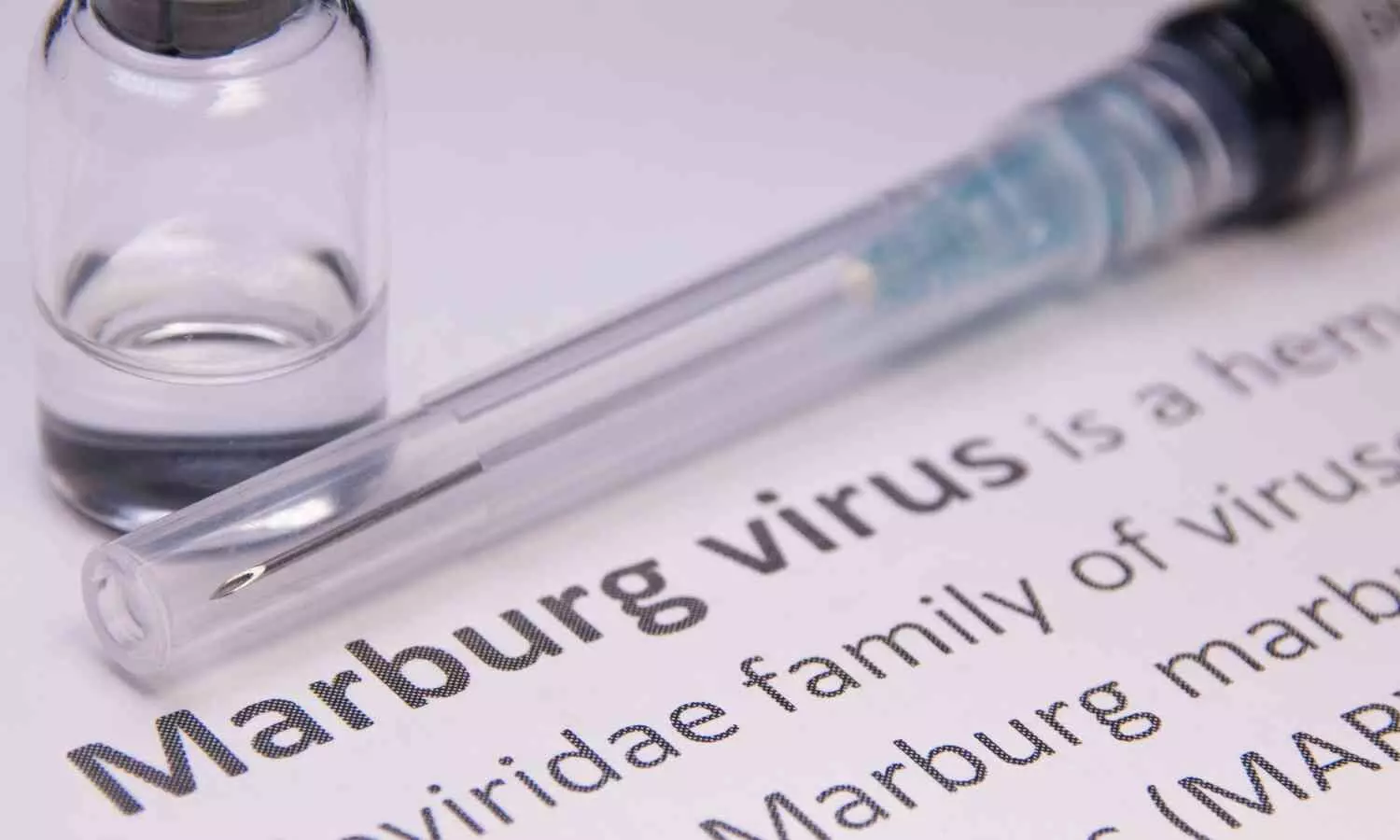Rwanda Intensifies Marburg Virus Tracing as Death Toll Reaches 8

New Delhi: Rwandan authorities announced on Sunday that they are closely monitoring up to 300 individuals identified as contacts of confirmed Marburg virus cases since the outbreak hit the country. According to the Ministry of Health, 26 people have contracted the virus, resulting in eight fatalities so far, and more cases are still being assessed.
Health Minister Sabin Nsanzimana, speaking at a press conference in Kigali, emphasized that more cases could emerge, but the risk of transmission is being managed. "Identified contacts are being isolated and managed based on their exposure levels," Nsanzimana said, urging the public to stay calm and reassuring that the situation is under control.
The response efforts are focused on contact tracing, expedited testing, and treatment. Nsanzimana reassured the public that there is no ban on daily activities, and all known hotspots are being actively monitored and addressed to contain the spread of the virus.
He also emphasized the importance of following preventive measures while authorities investigate the origins of the outbreak, Xinhua News Agency reported, highlighting the need for public cooperation in staying informed and vigilant.
The Marburg virus, a highly infectious disease in the same family as Ebola, causes severe hemorrhagic fever with a high fatality rate, often ranging from 24% to 88% depending on the management of the outbreak. The virus has the potential to spread rapidly if not contained effectively.
Symptoms include high fever, severe headache, muscle pain, vomiting, and internal bleeding. The virus is transmitted through contact with infected fruit bats or bodily fluids of infected individuals, leading to rapid person-to-person spread. As it can cause severe illness, early detection and isolation of infected individuals is critical.
Since there is no approved vaccine or treatment for Marburg, containment and isolation of cases are essential to prevent further transmission and manage outbreaks effectively. Public health measures such as isolation, quarantine, and raising awareness are currently being prioritized to control the spread.
Brian Chilombo, WHO's representative in Rwanda, praised the country’s community healthcare system, which is aiding efforts to trace and contain the virus. He added that WHO is prepared to provide additional testing equipment and experimental treatments, while a team of expert researchers will soon arrive to support Rwanda's healthcare system and improve response efforts.
The Ministry of Health advised anyone experiencing symptoms such as high fever, headaches, vomiting, or muscle pain to seek medical attention immediately. Public awareness and swift action are crucial to containing the outbreak and preventing it from spreading further.


